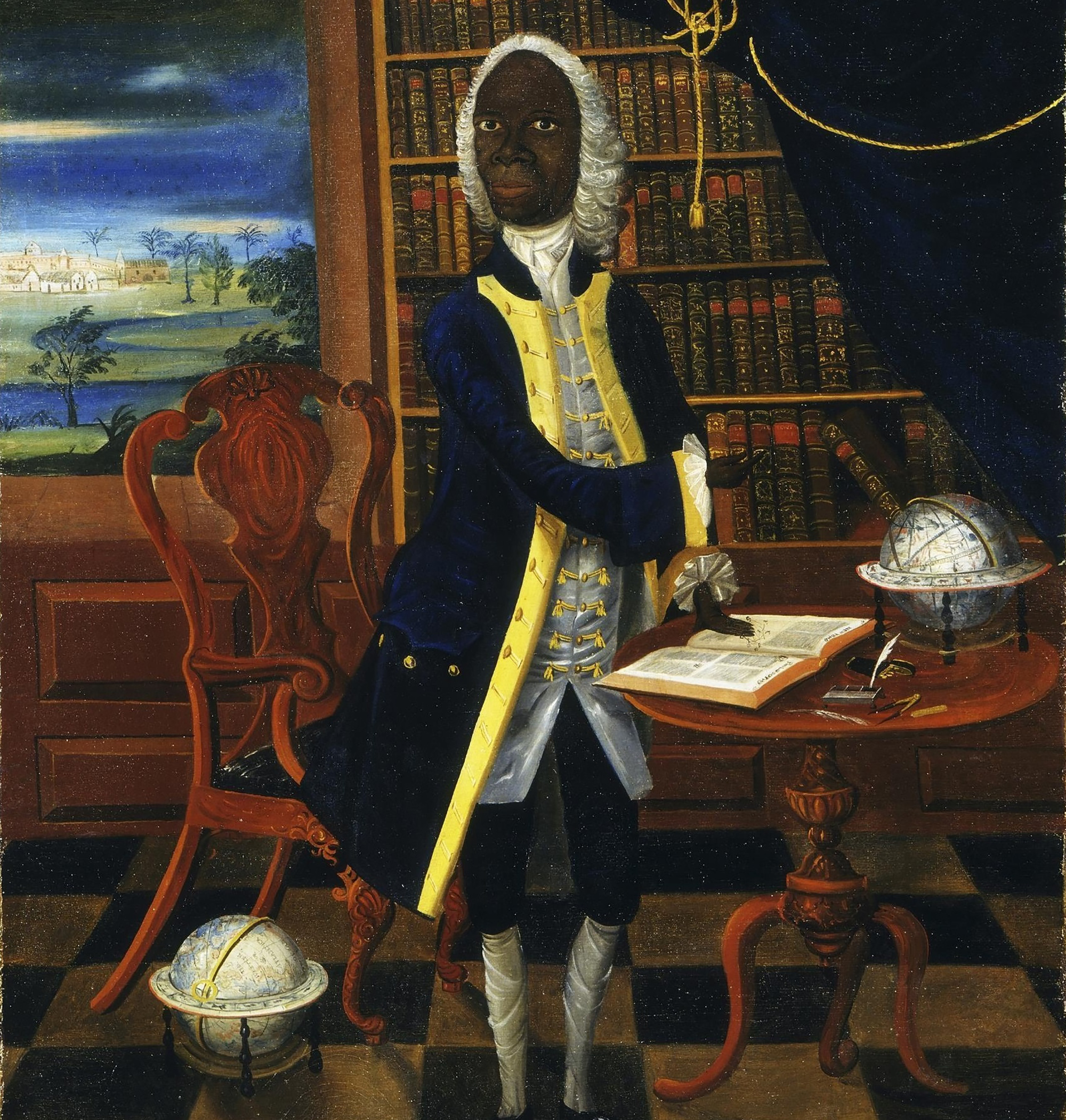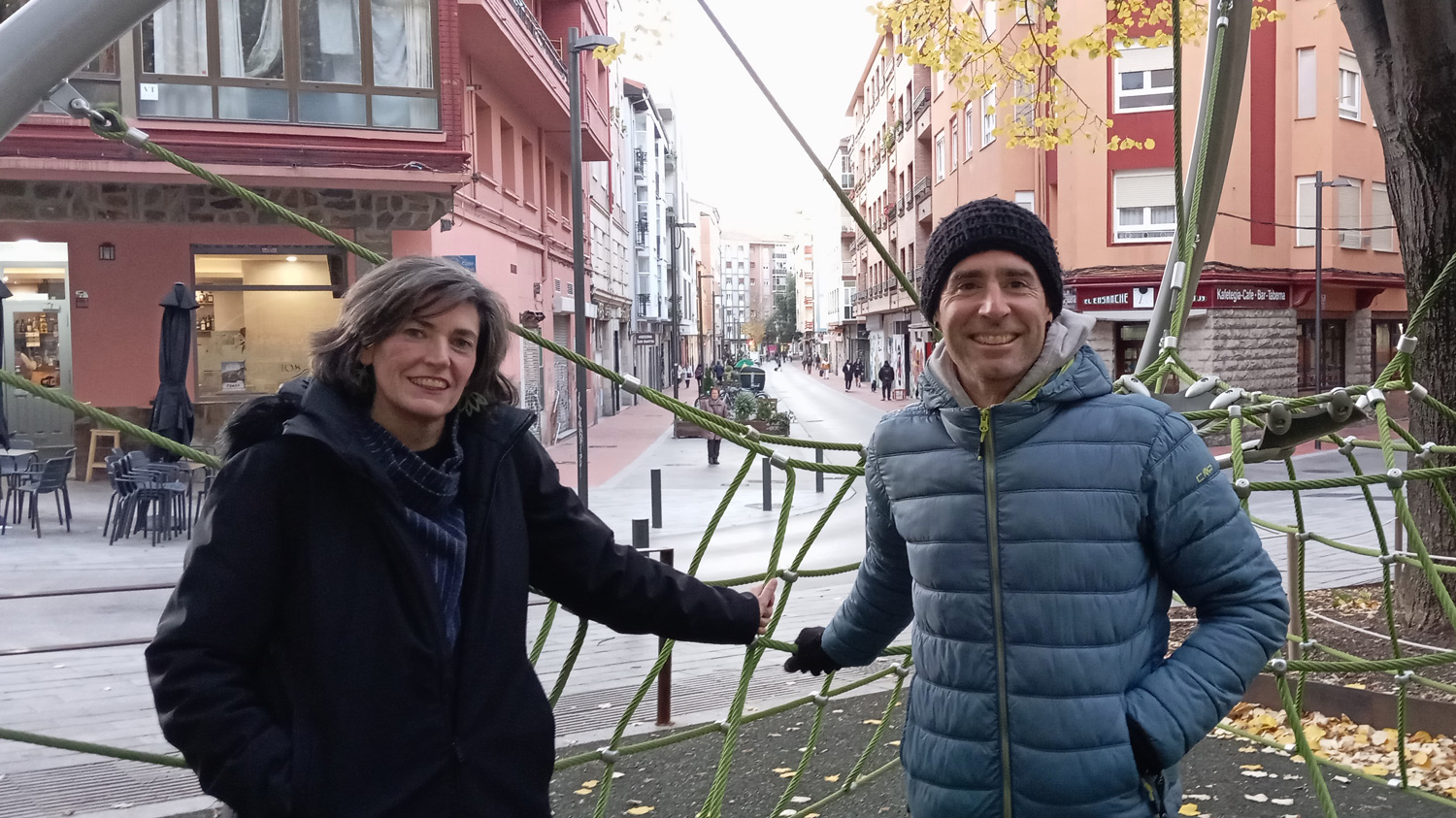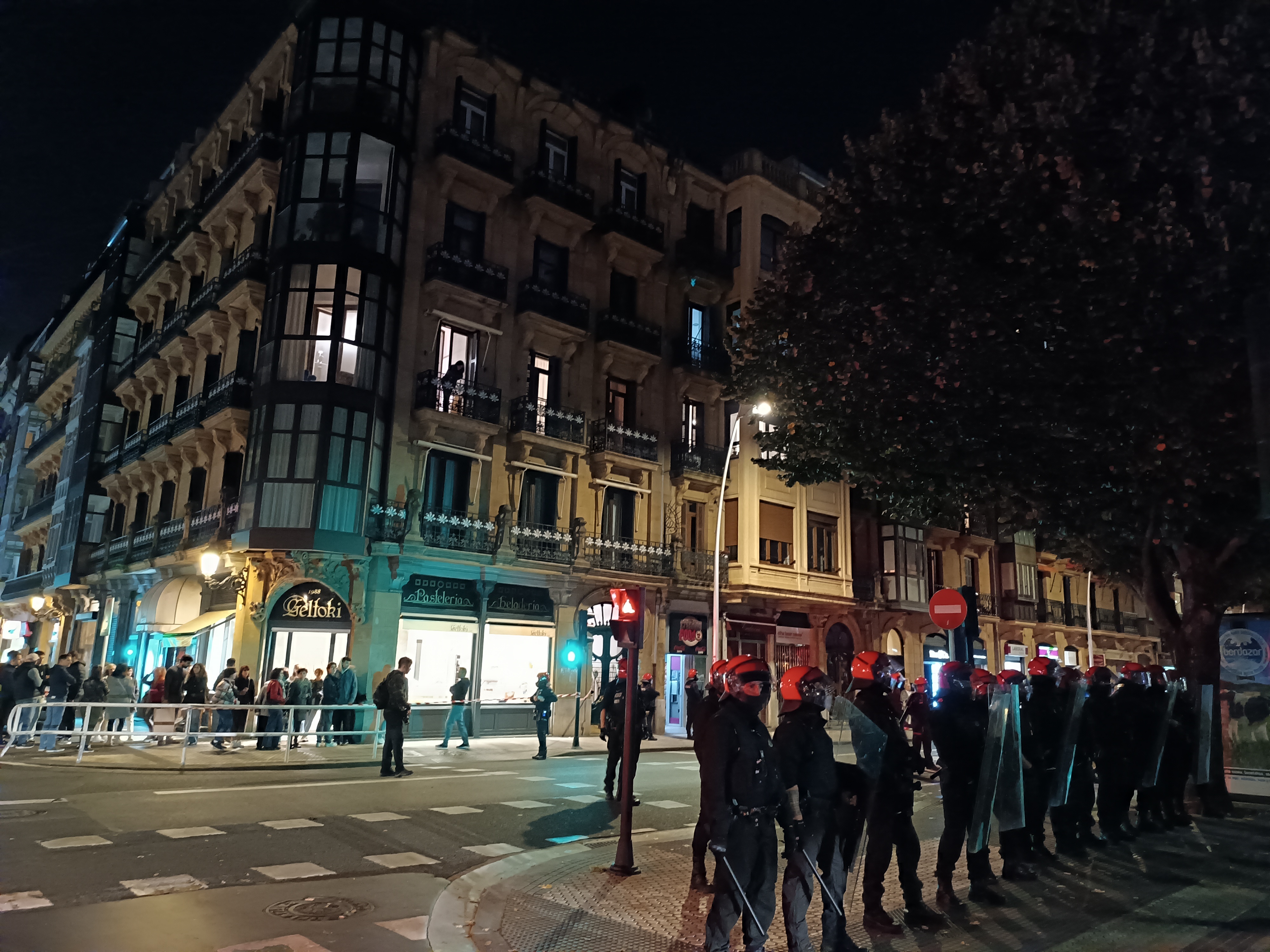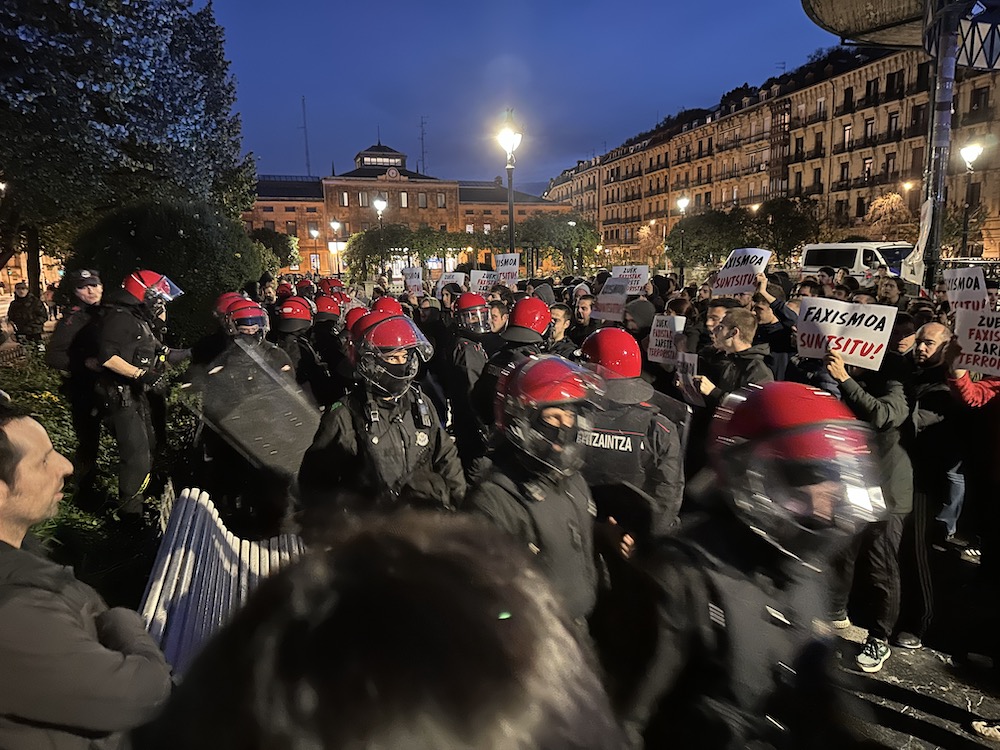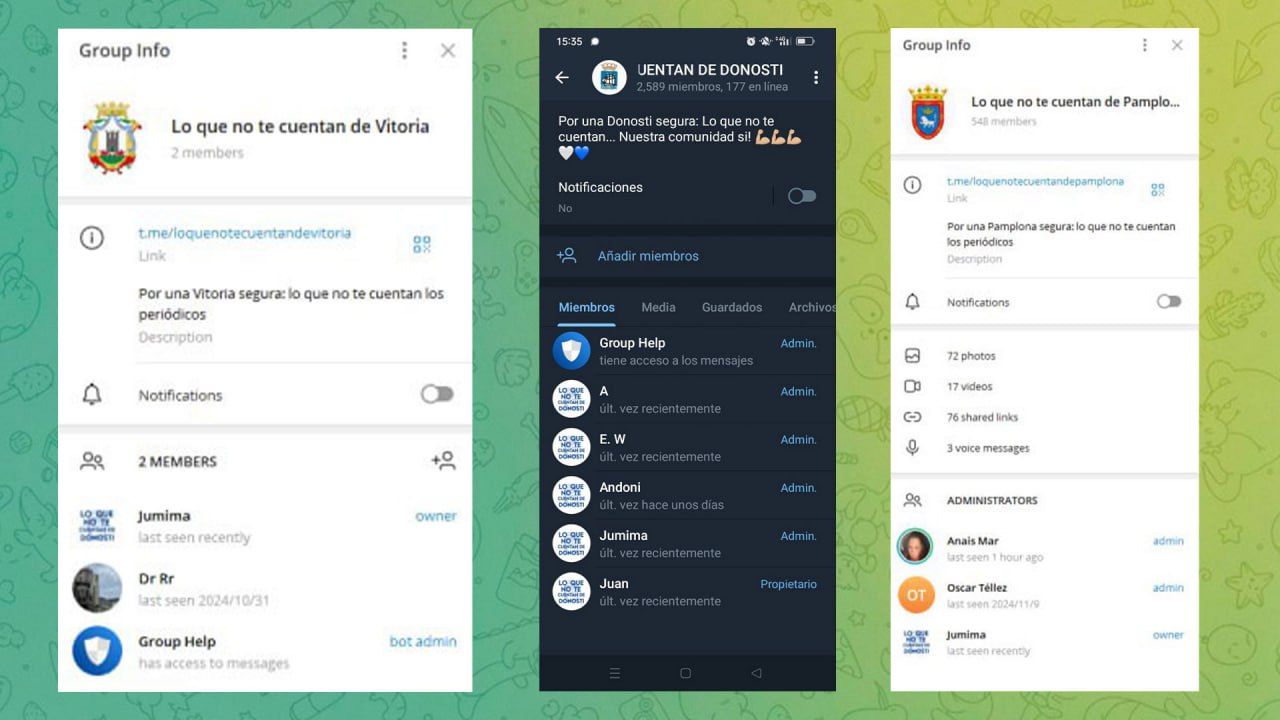Shopping is a nightmare for Roma women
- Criminalization practices have been recorded through a study conducted by the AMUGE association in supermarkets and shopping centers in Bizkaia. They wanted to make known the public humiliations they experience daily to denounce the legal and social defenselessness they find.

Imagine you're going to the supermarket with your sister. As soon as you enter, you have missed looks of mistrust and gossip. Then you realize that you have a persecuted worker, hallway to hallway. When they have reached the perfume shelves, ask for megafony reinforcements. Then, when they went to the charcuterie, they removed the ham from the counter. You take only twenty minutes in the store, but the workers are getting more and more nervous. “Are you still here?” he says to each other. This nightmare scene is the daily bread for Roma women, according to the AMUGE association. They organise research to bring about systematic criminalisation.
Visits have been organised in 15 supermarkets and five shopping centres in Bizkaia between 26 October and 15 November. Following the methodology called testing, two groups of volunteers of equal number and age range have been included in each establishment: one gypsy women and the other white women. They incorporate independent observers as moral witnesses. Both have looked at, tested and bought the products naturally. Sixteen out of twenty establishments visited have seen discriminatory treatment against the Roma population, which accounts for 80% of the sample. Moreover, every day of visit and the 14 participating gypsies have recorded audio and video incidences. Harassment has been the most repeated criminalising practice, but also verbal accusations, gossip and offensive comments, expressions of nervousness and requests for reinforcement. When participants entered the locker rooms of a prestigious clothing store, the trader only passed through the scanner the bag of the Gypsy volunteer.
Journalist Goizalde Landabaso intervenes as a moral witness in testing. At a supermarket in Bilbao he has made the following observations: “A worker was persecuted from the very beginning. Gypsy women where, where she works. At one point, one worker told others to turn around to see if something was missing.”
.jpg)
However, white volunteers were able to shop in all the stores. What is more, there is more than one who says that he felt rejected because the attention of all the staff was focused on Roma women. An observer was informed by the vendor of a cosmetic shop in view of the Gypsy volunteers: “Forgive, I can’t help you well, the corners have come to mix.” “Privileged, because I’ve seen the difference in treatment,” a white volunteer wrote out of a supermarket, “How did you feel?” when it comes to answering the question.
For two days, Sheila Aguilar, AMUGE’s partner, has participated in the research and has taken no surprises with the treatment received. “We live every day. They harass us from a young age. Shopping makes us stressful. That is why we prefer to go only to the market, because there we can be calm and free”. Getting used to doesn't mean not being painful. Gypsy volunteers claim to have felt the anger, disability and shame they experience in testing "in reality".
Legal helplessness
Testing is an empirical proof of discrimination that was developed to highlight policies of racial segregation in public establishments in the United States during the 1950s to 60s. It basically consists of comparing the treatment received by similar groups of people, the only difference being the axis of discrimination to be analyzed: gender, racial or ethnic origin, disability, etc. It has since been used both in social research and in activism in Europe.
The French association SOS Racisme, with extensive experience in conducting public and judicial complaints based on this methodology, proposed in 2011 to various European institutions to organize the testing on the same night of juerga. Thus, between 4 and 5 March of the same year, SOS Racism de Bizkaia organized visits to the bars of Urkijo and Mazarredo in Bilbao, where a white couple entered each bar and then three racist couples from different backgrounds, all of them men. The behavior of porters was discriminatory in eight out of nine pubs, especially with Maghreb couples. In some dance halls, racialized couples were denied entry with excuses, such as when they held a private party, and in others immigrants were only charged for entry. Since then, SOS Racism de Bizkaia and Gipuzkoa has used this methodology to make public the discrimination that occurs in real estate agencies, clubs and job vacancies on the Internet.
In October 2019, the AMUGE association publicly denounced what happened at the Zubiarte Shopping Centre in Bilbao: when thirteen young girls and three educators left the cinema, two security guards were harassed. The members of the SOS Racism of Bizkaia suggested that the association of gypsy women organize tests to socialize the generalization of this criminalizing behavior.
.jpg)
As a result of the Zubiarte incident, the AMUGE team realised that Roma women are defenceless against this type of daily discrimation. In fact, when they addressed the network in the Basque Government’s anti-discrimination directive, these kinds of complaints responded that they have no judicial route. In other words, article 510 of the Spanish Penal Code, concerning hate crimes, does not cover such everyday situations. “The only tool is to fill the claims sheets, but it doesn’t work at all,” explains AMUGE’s head, Tamara Claveria. They also sent a complaint letter to the security company, but they did not receive a reply.
The United Nations Organization, in the case of women Rosalind Williams, found it illegal to carry out controls in public space on the basis of racial or ethnic profile. Williams denounced in 1992 that the Valladolid police identified on the street as being only black and in the seventeen year judicial struggle the Spanish courts rejected such conduct as racist. However, racist controls are rooted not only in police activity, but also in hospitality and shopping centres.
According to Claveria, what they intend with the dissemination of the results of the testing is to promote positive measures to avoid and repair these everyday practices against the Roma. Because the problem is not only that workers can have prejudices against the Roma, but also that they are instructed to spy on the Roma. “The training of workers and managers of shops and security companies is essential if they are to take an anti-racist view,” he stressed. In addition, AMUGE wants to raise awareness among white people that when they see Roma harassment, instead of thinking “I would do something”, identify injustice and bet on us.”
The burden of stereotype
In the commercial sector, the tendency to treat Roma women not as clients, but as suspects emerges from an archetype deeply rooted in the collective imaginary. “It is a historical construction that responds to ideological and political interests. Creators such as Miguel de Cervantes and Victor Hugo have for centuries reinforced the stereotype of thieves. Accusing us of the crimes we have not committed has been a strategy to justify policies against the Roma,” explains Claveria.
In the testing it has become clear that traders have unwittingly stalked racist volunteers and made comments and gestures about them, sometimes seeking the complicity of white volunteers. “Your argument will be that you have had cases of many Gypsy women who have stolen, but how many people steal timber in the shops? They can’t know because they don’t control white citizens,” the activist said.
Evidence from Roma volunteers has shown that this type of public humiliation causes them stress, impairs their self-esteem and limits their social participation. From a very young age they know that they cannot go to the bolatoki or to the cinema, which is better to stay in the neighborhood. The head of AMUGE says that the permanent prejudice that also lives in school, in the world of work or in the health system leaves them few possibilities: “Give up our identity, take refuge in white friends or internalize and fulfill the stereotype that white society has built.”
Sheila and Desi went to the Leioa Mall, the youngest gypsies who participated in the testing. Having experienced stressful situations in several cosmetic stores, clothing was introduced into a well-known store. The journalist who has gone as an observer and signs this chronicle listens to a salesman asking for the presence of the security operator through the headset. Meanwhile, he calls three other salespeople and they start showering at the two girls. “But why are you so nervous? "Because I can't control them," "Quiet, girl, it's not your job, they'll come soon." Three security workers arrive in men, one enters the shop and the other two stay at the door waiting for Roma women. The surprise is great when volunteers discover that they join a group of white women. Desi is disappointed at the brutal discrimination he has suffered. The next day he tells the AMUGE workers he has dreamed of being in prison.
The most magical weeks of the year, or rather, the most consumerist, come. Many would like to receive gifts from Olentzero's bag, as if it fell from the sky, but the reality is that at Christmas it is our bags that suffer the most, we start the year with empty pockets. In the... [+]
London 1928. At the Victoria and Albert Museum there was a very special painting: in the painting there is a black man, with wig and Levite, surrounded by books and scientific instruments. Thus it was catalogued in the Museum: “Unique satirical portrait representing a failed... [+]
We live in a context in which anti-feminist and racist hate speech at the global level is on the rise. Far-right narratives are inserted throughout the world by
social networks and political agendas. Racism and anti-feminism have become two great discursive axes that adapt to... [+]












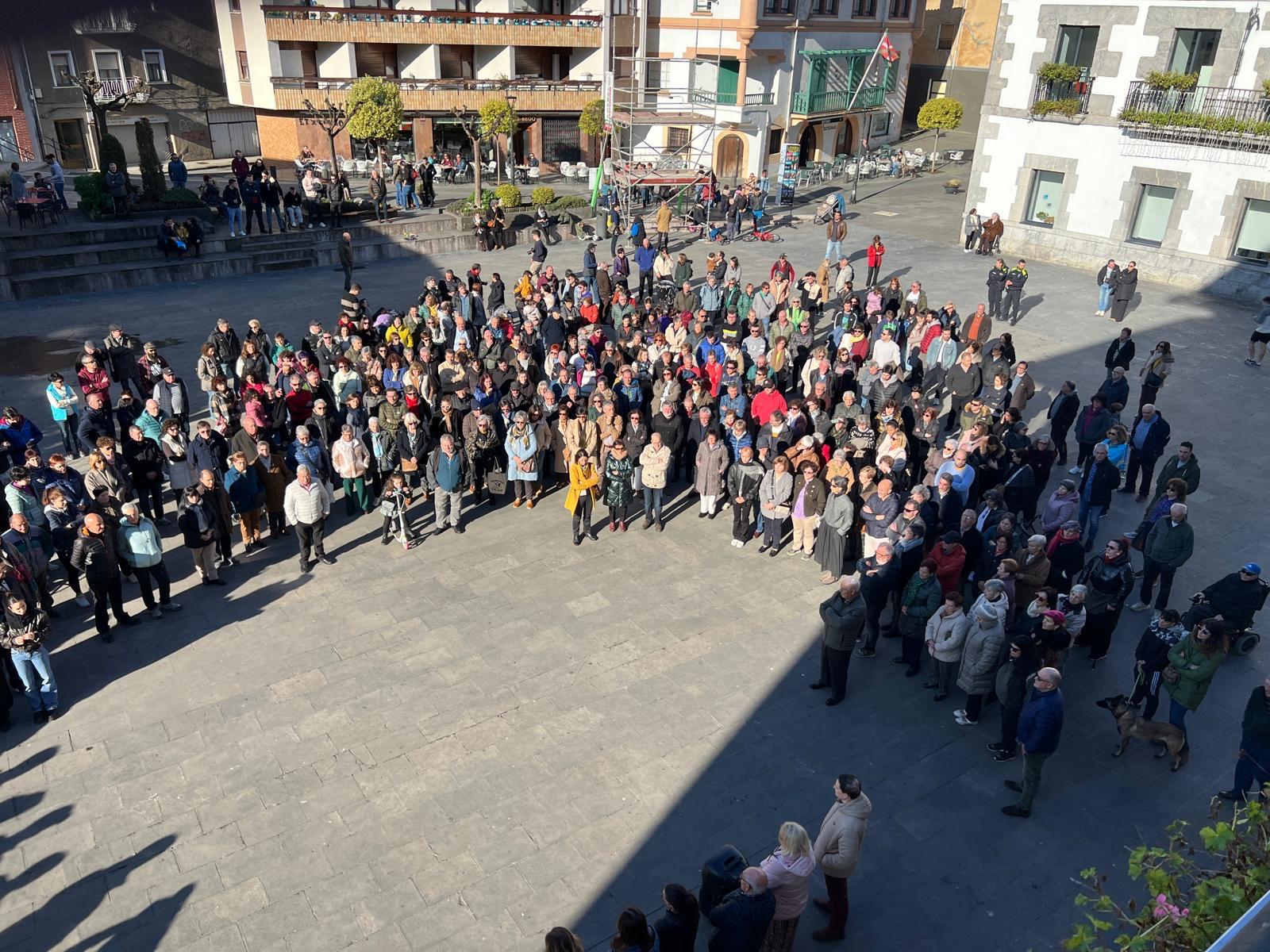

.jpg)




